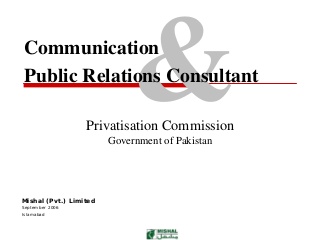Strategies for Developing a Career Plan as a Graduate
Graduating from college or university is a significant milestone in one’s life. It marks the transition from being a student to entering the professional world. As a graduate, it is crucial to have a well-thought-out career plan to navigate the competitive job market and set yourself up for long-term success. Here are some strategies to help you develop a solid career plan:
- Self-reflection and goal setting: Begin by reflecting on your skills, interests, values, and long-term aspirations. Assess your strengths and areas for improvement. Consider what type of work environment and industry align with your passions and values. Set clear, achievable goals that you can work towards in the short and long term.
- Research and explore career options: Conduct thorough research on various career paths related to your field of study. Look into job descriptions, required qualifications, growth prospects, and salary expectations. Speak with professionals working in those fields and attend industry events or networking sessions to gain insights and expand your professional network.
- Seek guidance from career services: Most educational institutions have career services departments that offer resources and support to graduates. Schedule an appointment with a career counselor who can provide guidance, review your career plan, and offer valuable advice on job searching, resume writing, and interview preparation.
- Develop transferable skills: Identify the skills that are in demand across industries, such as communication, leadership, problem-solving, and adaptability. Seek opportunities, such as internships, volunteer work, or part-time jobs, to develop and showcase these skills. Consider taking additional courses or certifications to enhance your skill set and make yourself more marketable.
- Build a professional network: Networking plays a crucial role in career development. Attend industry conferences, professional events, and job fairs to connect with professionals in your desired field. Join relevant professional associations or online communities to stay updated on industry trends and connect with like-minded individuals. Utilize social media platforms, particularly LinkedIn, to build and expand your professional network.
- Gain practical experience: Practical experience is highly valued by employers. Seek internships, co-op programs, or entry-level positions related to your career goals. These opportunities provide hands-on experience, help you build a professional reputation, and may even lead to full-time employment.
- Continual learning and skill development: The professional landscape is constantly evolving, and it is crucial to stay updated with the latest industry trends and advancements. Commit to lifelong learning by attending workshops, webinars, or online courses. Stay informed about emerging technologies and develop relevant skills to remain competitive in the job market.
- Create a career action plan: Based on your goals and research, create a career action plan that outlines specific steps and timelines. Break down your goals into smaller, achievable tasks and set deadlines. Regularly review and update your plan as you gain new experiences and insights.
- Seek mentors and role models: Mentors and role models can provide valuable guidance and support throughout your career journey. Identify professionals who inspire you and reach out to them for mentorship. Their advice and insights can help you navigate challenges, make informed decisions, and accelerate your career growth.
- Stay adaptable and open-minded: Be prepared for unexpected opportunities and be open to exploring different paths. The job market is dynamic, and your career plan may need adjustments along the way. Stay adaptable, embrace change, and be willing to take calculated risks to advance your career.
Developing a career plan as a graduate requires self-reflection, research, and proactive steps to achieve your professional goals. By following these strategies, you can create a roadmap for success and increase your chances of finding a fulfilling and rewarding career path. Remember that career development is a continuous process, and staying committed to learning and growth will help you thrive in an ever-changing professional landscape.

